The city is facing a lawsuit alleging that its encampment sweeps violate the rights of homeless New Yorkers.
The suit, filed Tuesday by six homeless people and the Safety Net Project at the Urban Justice Center, claims the city conducts thousands of what it calls “cleanups” at encampments each year, taking homeless New Yorkers’ belongings “without due process” and forcing them to move elsewhere.
What You Need To Know
- The city is facing a lawsuit alleging that its encampment sweeps violate the rights of homeless New Yorkers
- The suit claims the city conducts thousands of what it calls “cleanups” at encampments each year, taking homeless New Yorkers’ belongings “without due process” and forcing them to move elsewhere
- A City Hall spokesperson said the city’s Law Department will review the lawsuit
“During these sweeps, the city seizes and destroys items that are critical to homeless residents’ survival, including warm clothing, medications, bedding, and personal documentation… needed to access public services, secure permanent housing, seek employment, and apply for public benefits,” the lawsuit says.
Before the sweeps, the suit claims the city either does not provide homeless residents with “adequate” notice or does not notify them at all.
The city also offers no way for homeless New Yorkers to reclaim their belongings once they are taken, according to the lawsuit.
“Instead, sweeps teams throw homeless residents’ belongings in a sanitation truck and summarily destroy them with the trucks’ compactors,” the suit says.
The city’s Department of Homeless Services requires the teams to allow homeless residents to gather their belongings and put eligible items in free temporary storage for 90 days, but the teams often violate that policy, the lawsuit claims.
The suit alleges the sweeps violate city and state laws, as well as New Yorkers’ rights under both the U.S. and New York state constitutions.
“The city purports to conduct sweeps to connect homeless New Yorkers with social services, dismantle physical structures it deems illegal or unsafe, address sanitation conditions, and provide temporary storage for residents’ personal belongings,” it says. “The reality, however, is that displacing homeless people and seizing and destroying their personal belongings does nothing to advance these goals.”
A City Hall spokesperson on Wednesday said the city’s Law Department will review the suit.
“The city’s homeless encampment outreach and cleanup efforts operate under one defining principle: that there is nothing dignified about being forced to sleep on the streets,” the spokesperson said in a statement. “Rather than walking past an encampment and doing nothing to help those in need, we treat people experiencing homelessness with dignity, offering to connect them to housing, health care, and to properly store their valuables while temporary structures not meant to be lived in are removed.”
“Thanks to this administration’s critical investments in outreach staffing and expansion of high-quality, specialized beds, more than 2,000 New Yorkers who were living unsheltered in public places are now in their own permanent homes,” the spokesperson added.




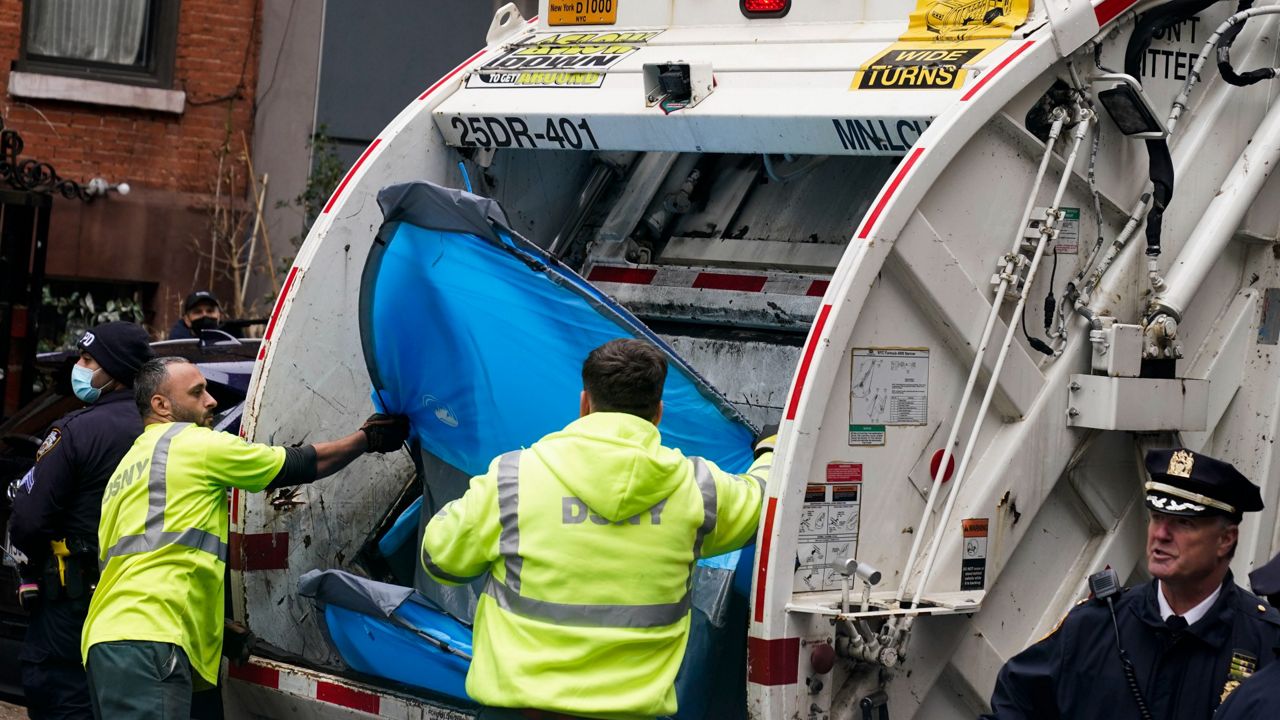
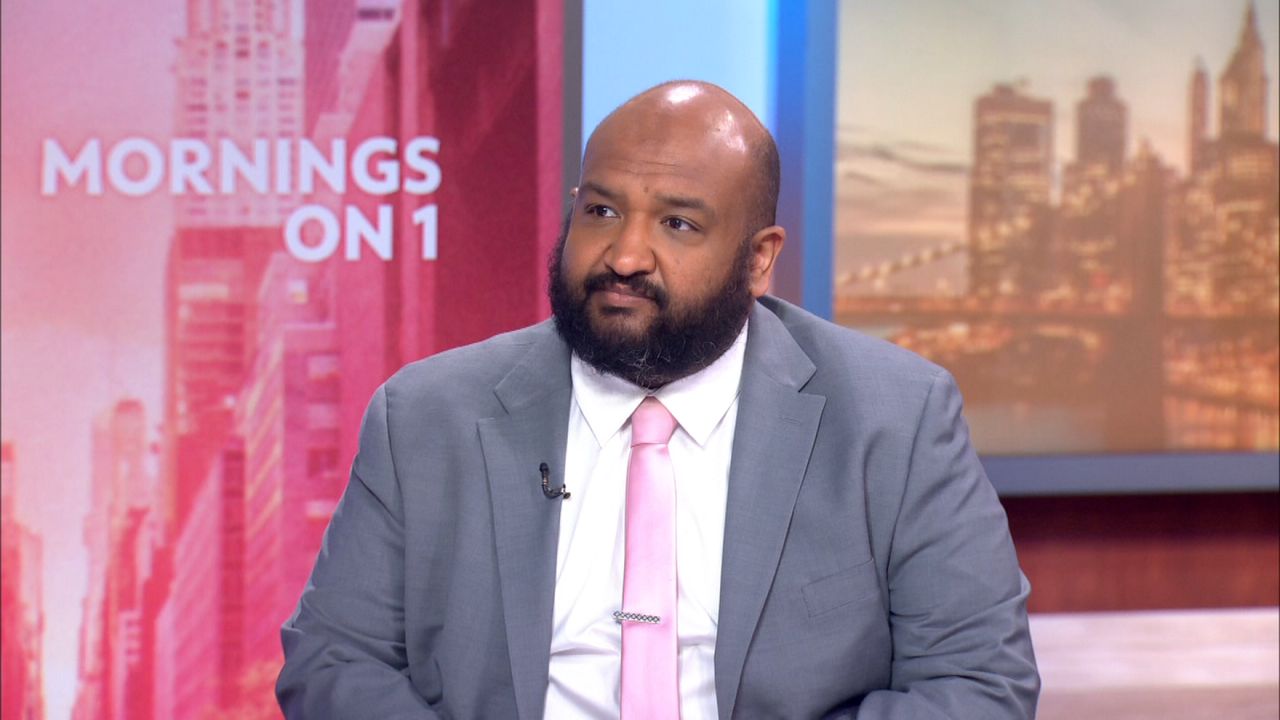
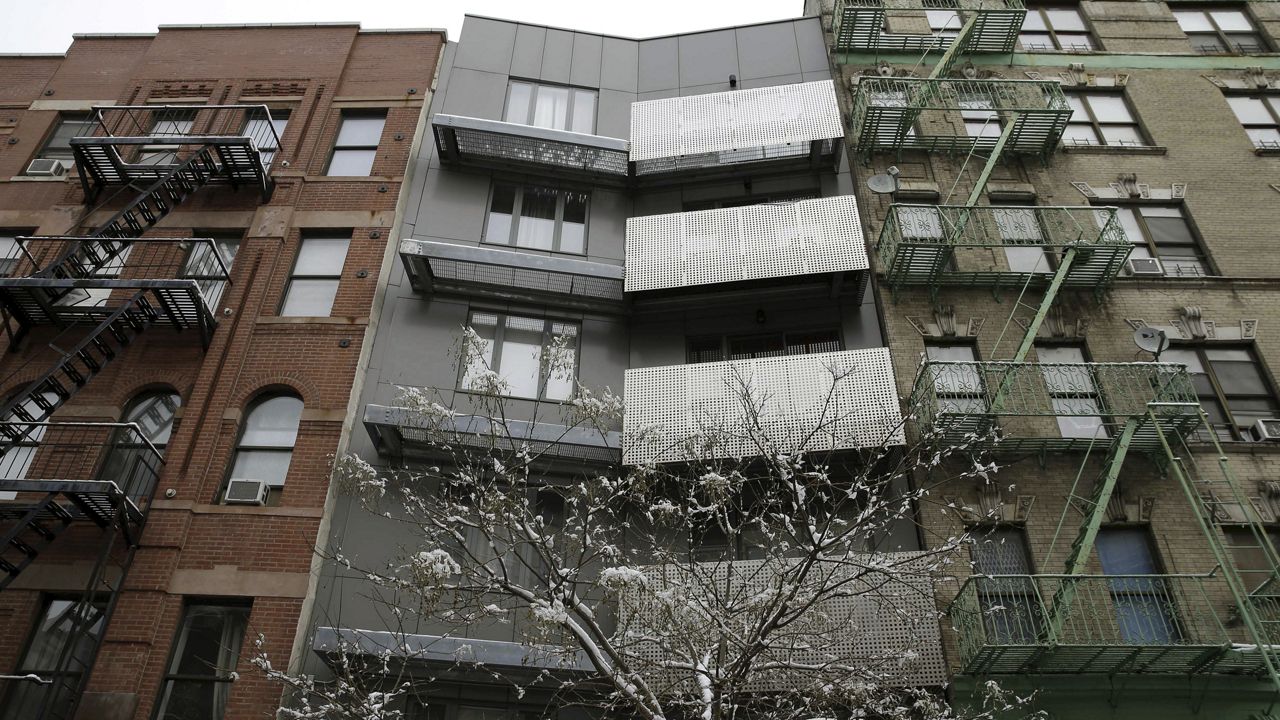
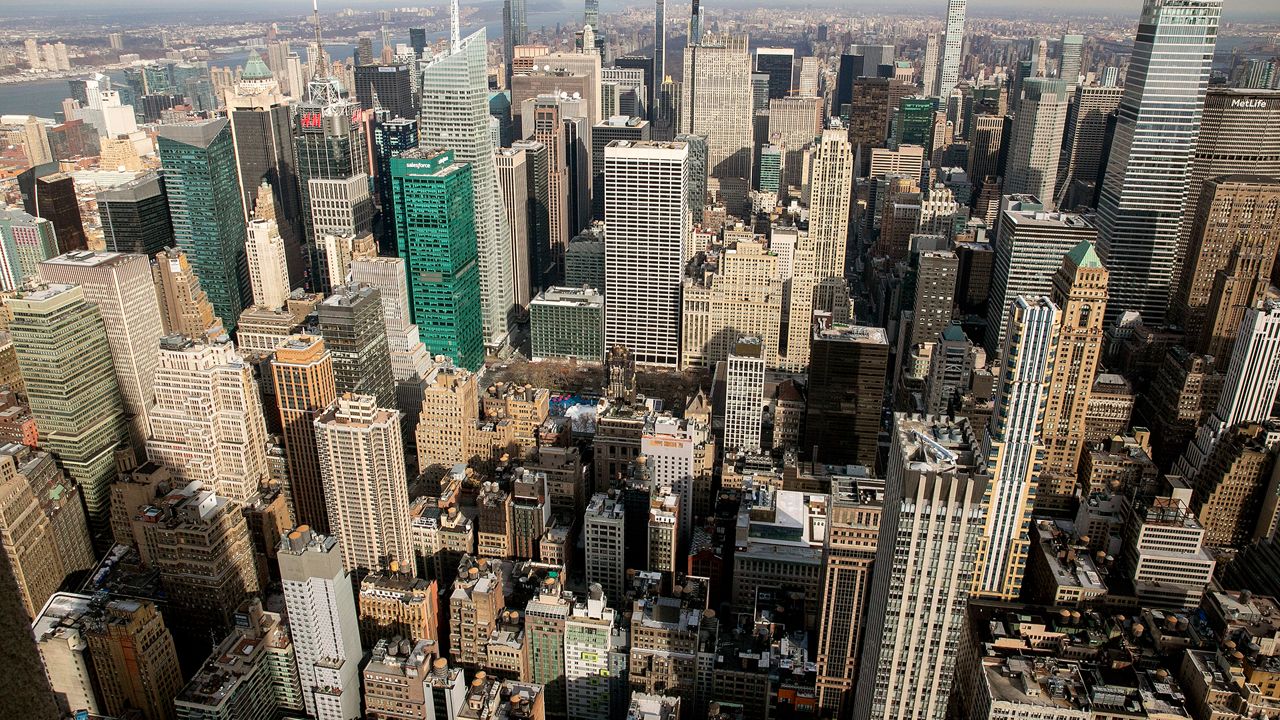
_PKG_Hudson_Yards_Zoning_Hearing_CG)
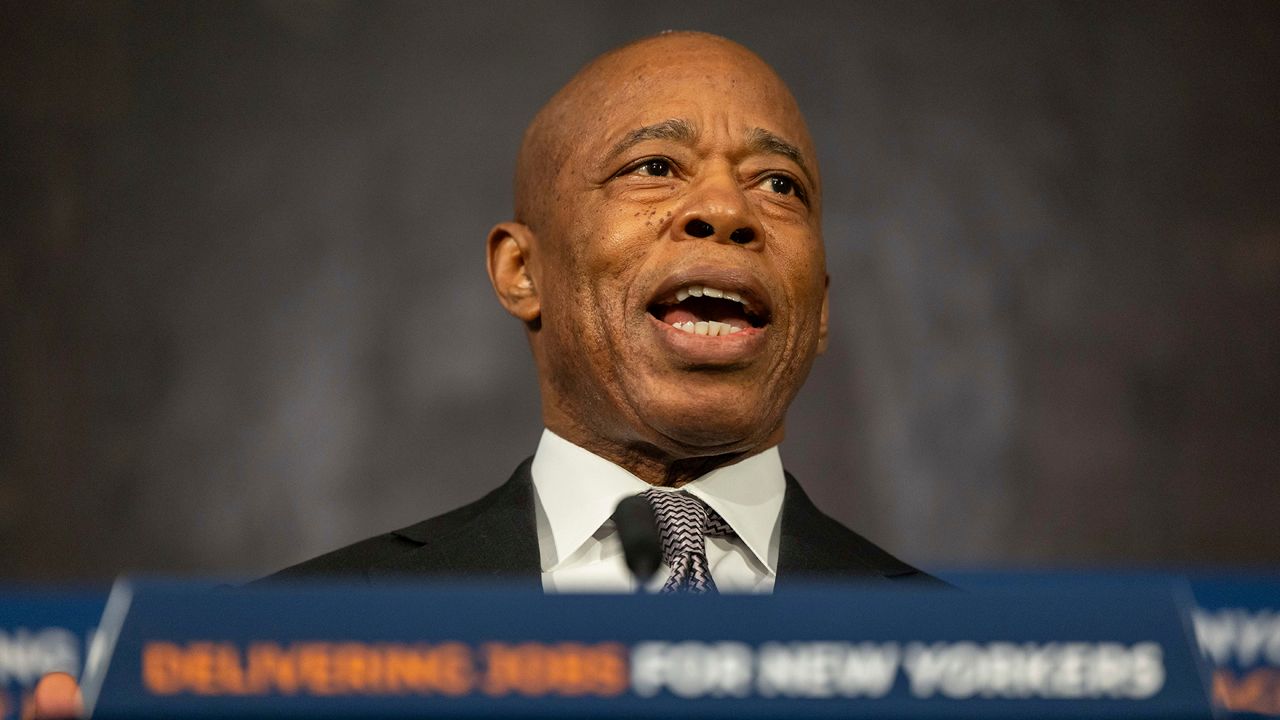
_PKG_LONG_ACS_NYCHA_PROBLEMS_CG)